Rangamati, July 28 (V7N) – Unrelenting monsoon rains and continuous upstream runoff from the surrounding hills have caused water levels in Kaptai Lake to rise rapidly, submerging vast areas of low-lying land and displacing thousands of residents in Rangamati district.
Several agricultural fields and homes located near the banks of Kaptai Lake are now submerged under floodwater, leaving local communities struggling to cope with the unexpected deluge. Many families have become waterlogged, with little access to basic necessities, as rising waters encroach further into residential and agricultural zones.
The rise in water levels has, however, led to a significant increase in electricity generation at the Karnaphuli Hydroelectric Power Station, the only hydropower facility in Bangladesh. According to the plant’s control room, as of 4:30 PM on Sunday, July 27, water levels in Kaptai Lake reached 104.14 feet Mean Sea Level (MSL), while the rule curve—used to regulate reservoir levels—stood at 88.16 feet.
With sufficient water flow available, five units of the Karnaphuli plant are currently operational. Unit-1 and Unit-2 are each generating 46 megawatts, Unit-3 is producing 48 megawatts, and Units 4 and 5 are contributing 40 megawatts each, supplying a combined maximum of 220 megawatts of electricity to the national grid daily.
Despite the benefits in power production, the flood situation has worsened due to a lack of regular dredging in the lake. Over the years, sedimentation has raised the lakebed, reducing the reservoir’s capacity to hold water within safe limits. Consequently, areas that were once protected are now prone to frequent flooding as water overflows into surrounding lowlands.
This has had a devastating impact on local agriculture. Croplands are submerged, and many farmers face complete loss of their seasonal produce. In addition, homes in affected areas are inundated, forcing people to live in severely compromised conditions, often without clean water, sanitation, or shelter.
Local authorities have not yet issued mass evacuation orders but are closely monitoring the situation. Humanitarian organizations have called for urgent support for the affected communities, particularly in providing food, drinking water, and temporary shelter.
The situation in Rangamati serves as a stark reminder of the growing vulnerabilities in climate-sensitive regions, where infrastructure and preparedness often fall short in the face of increasingly erratic weather patterns. Long-term solutions such as sustainable reservoir management, routine dredging, and disaster-resilient community planning are being urged by experts to prevent such humanitarian crises from recurring.
END/AMR/SMA/



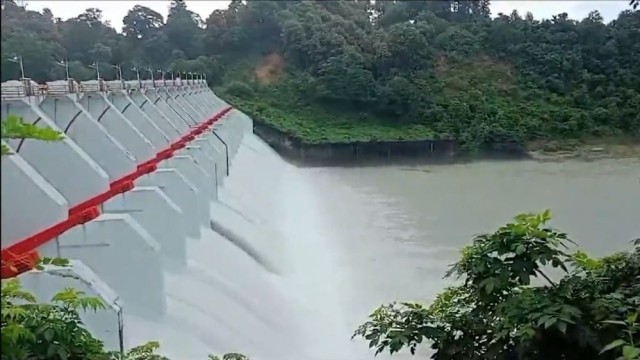
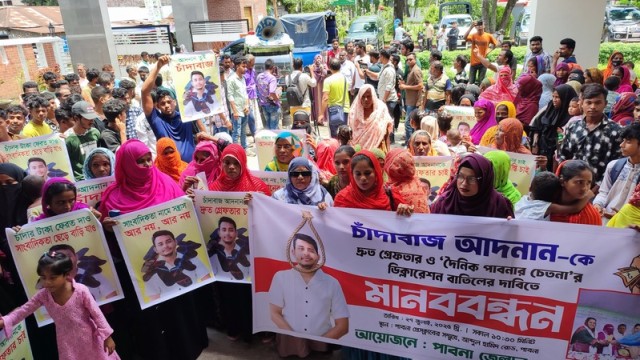
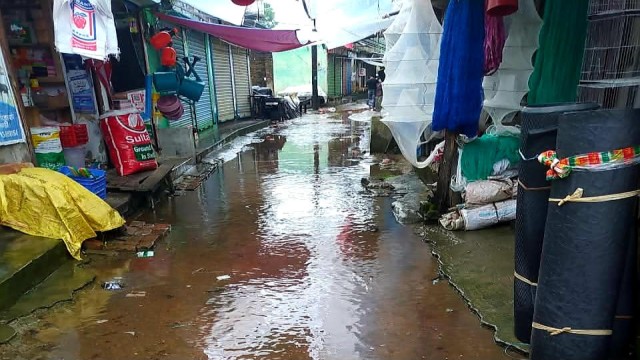
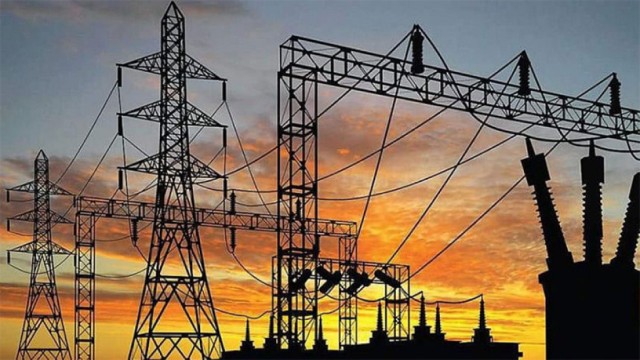
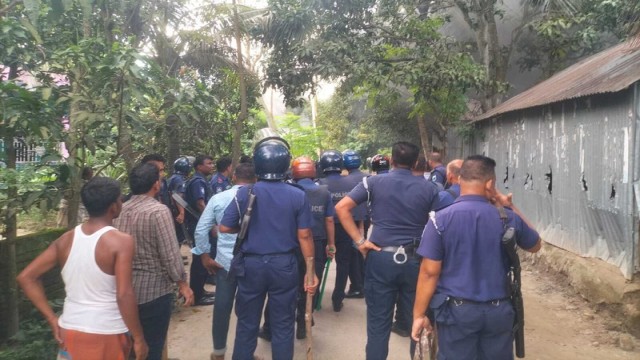
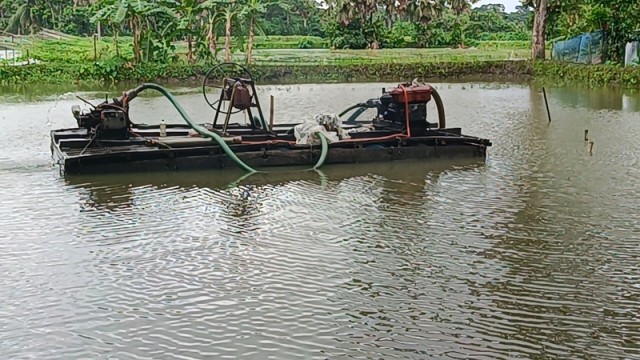


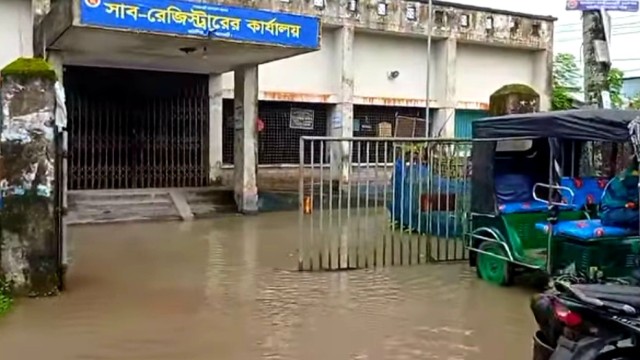

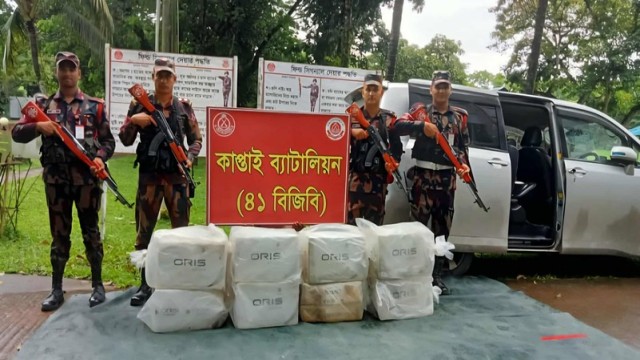
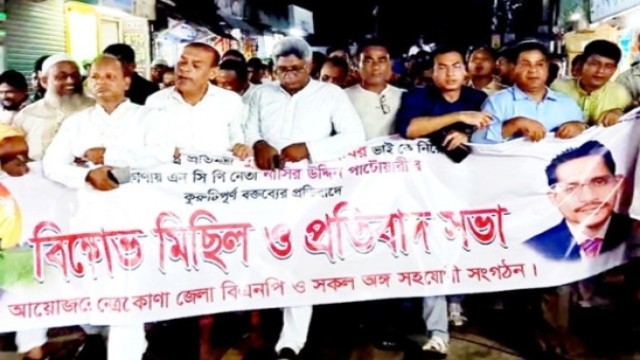

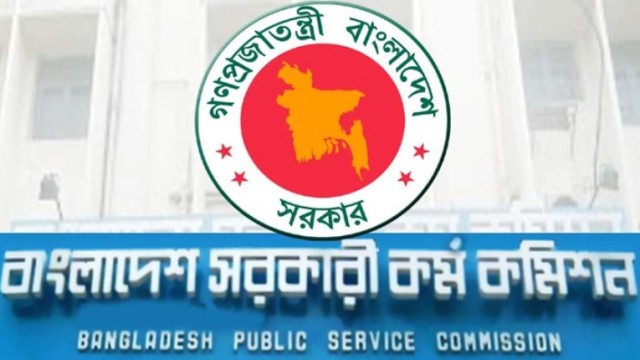
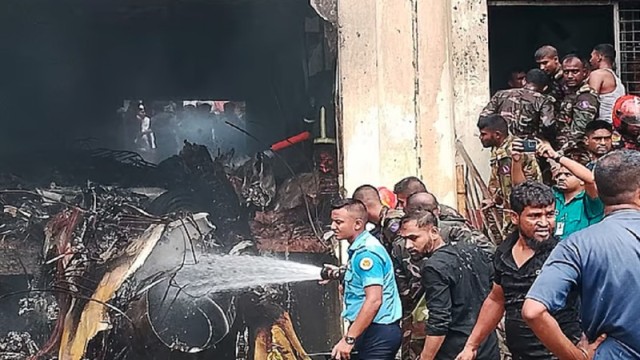
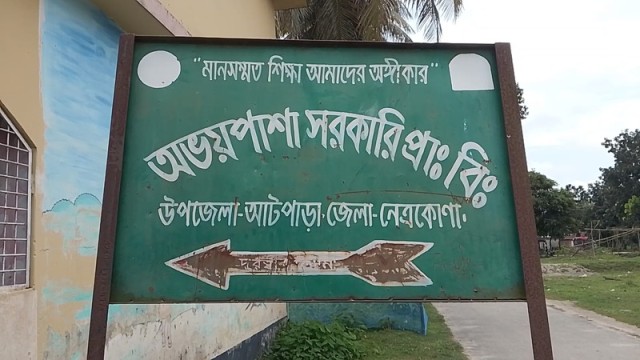
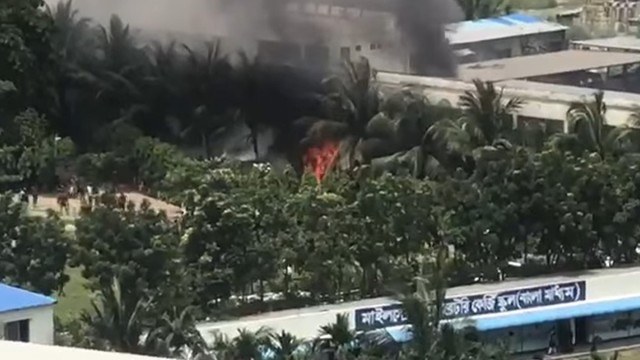
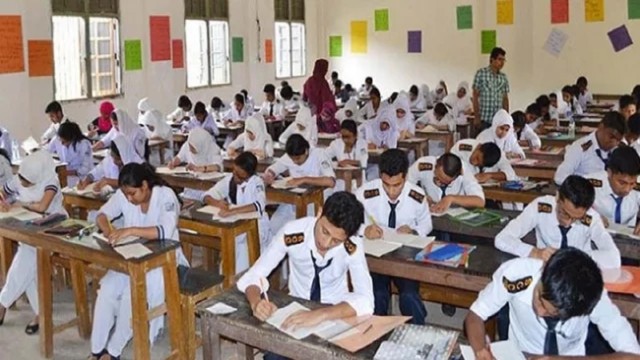
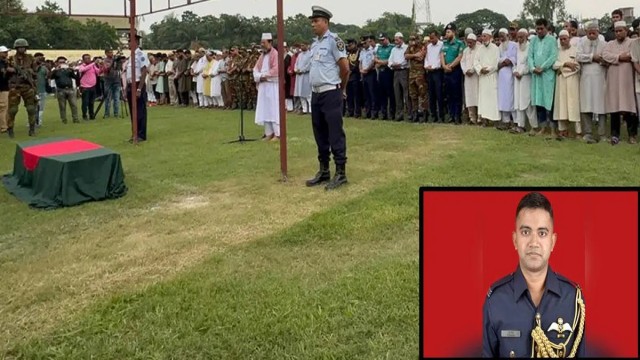
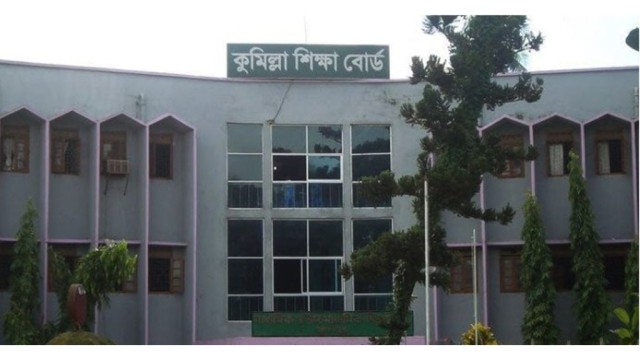
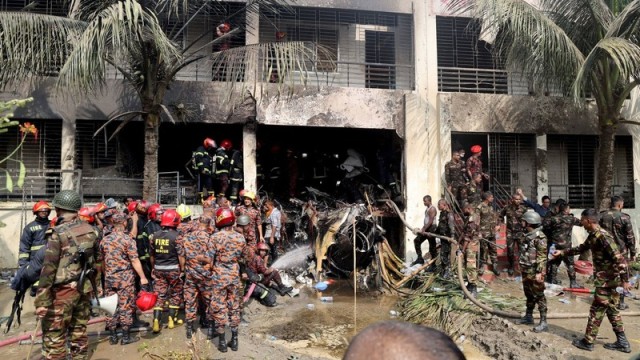


Comment: